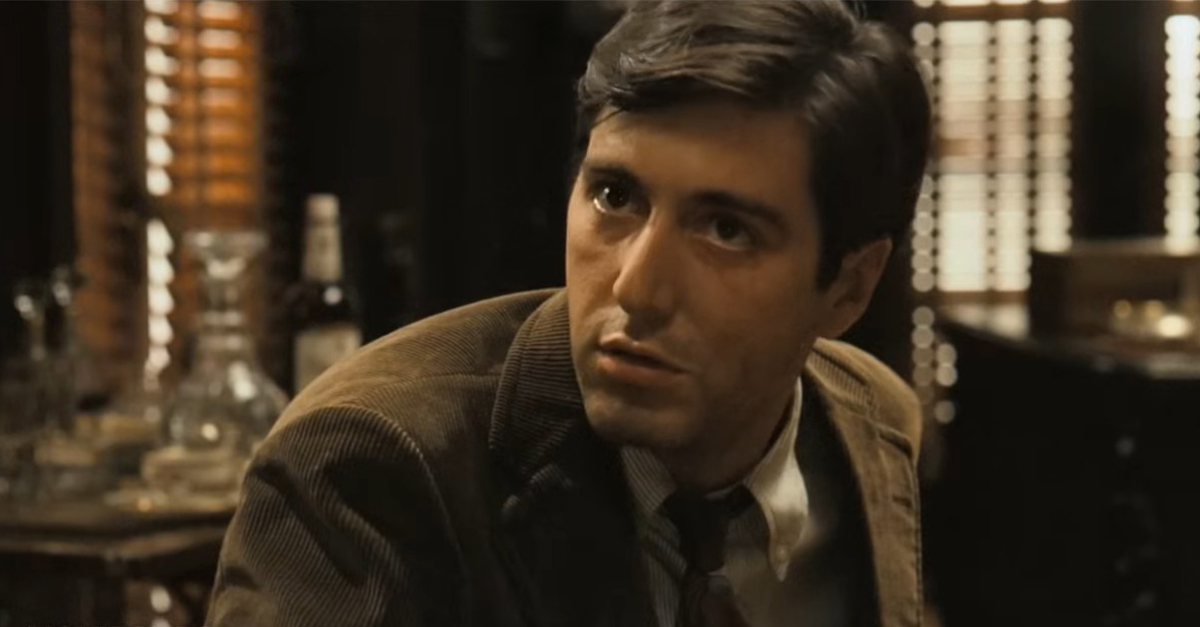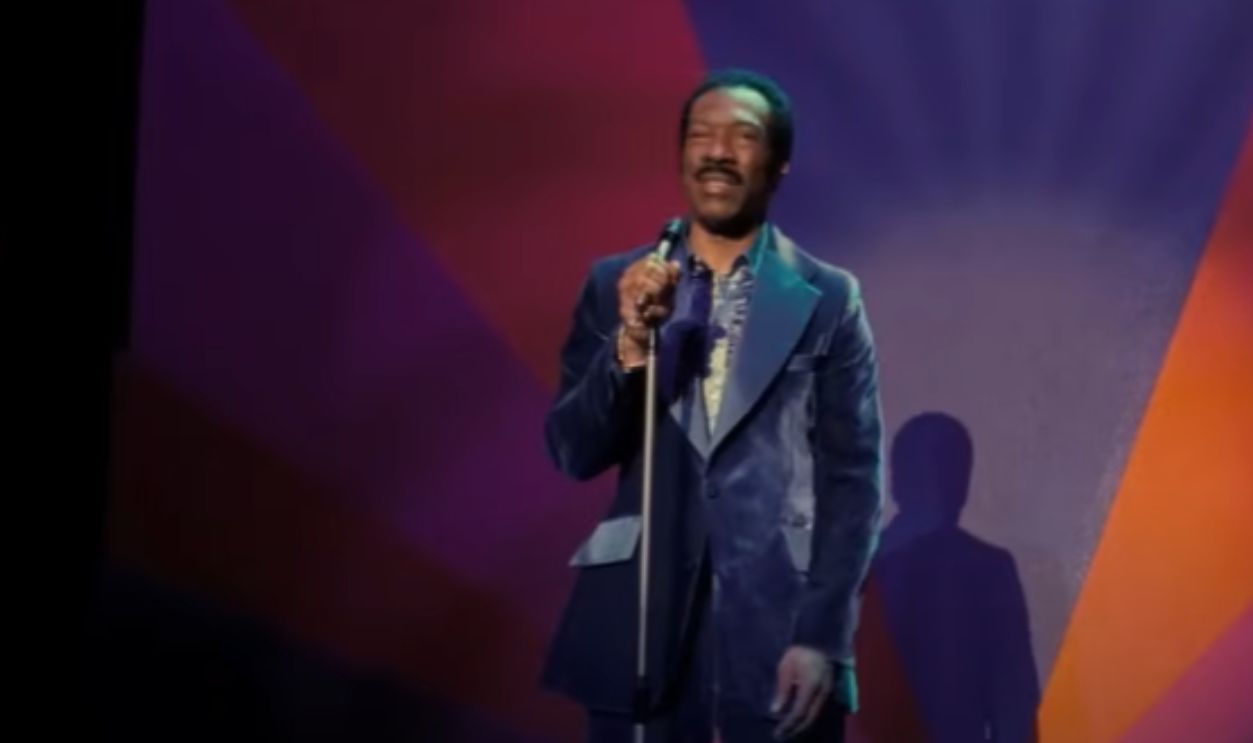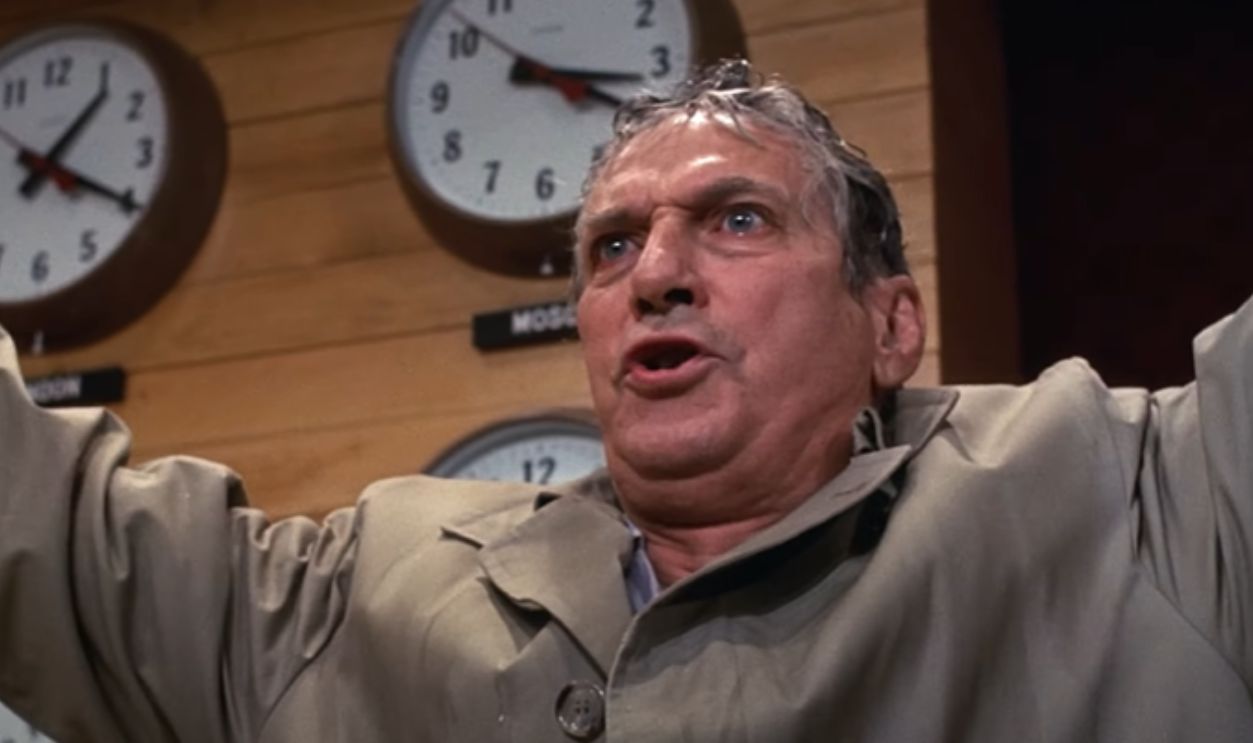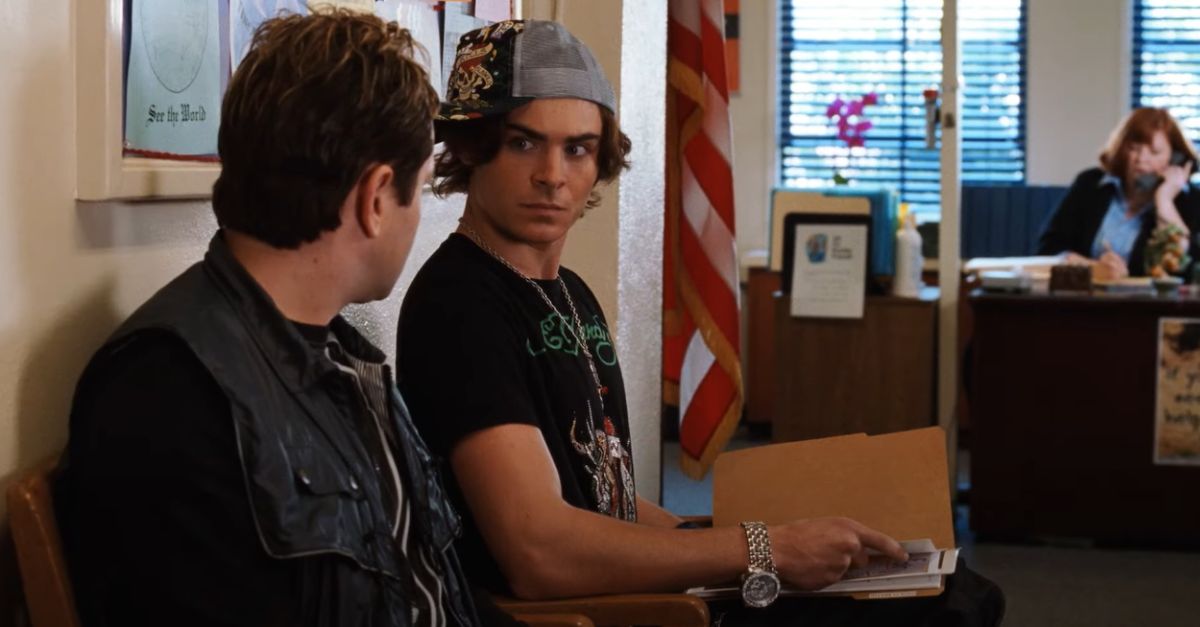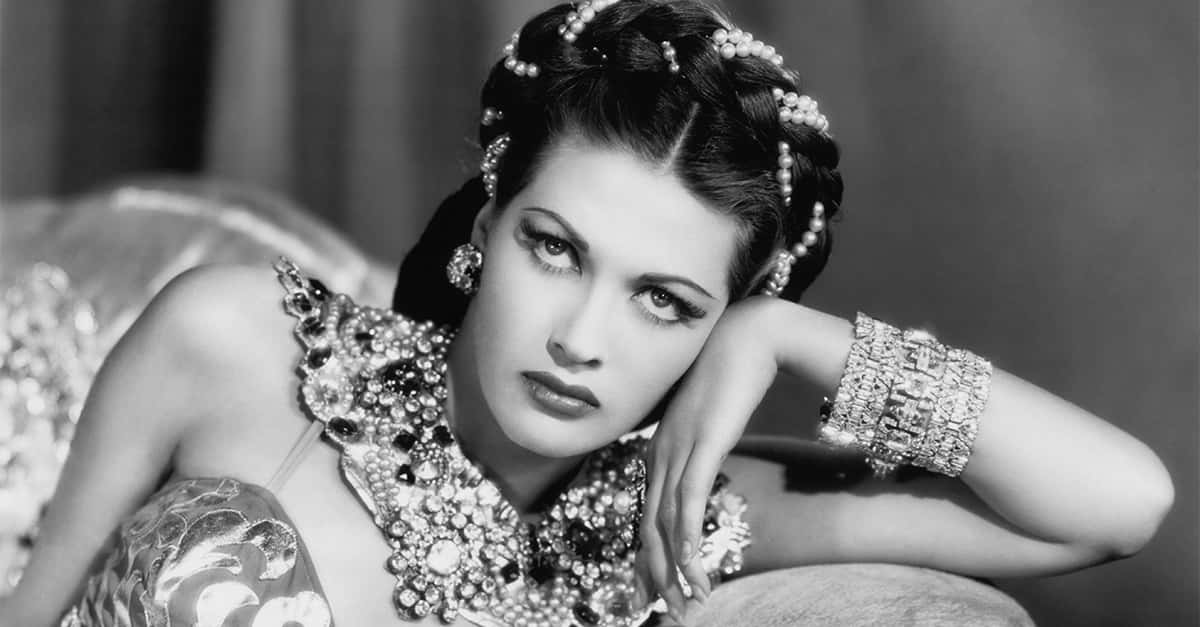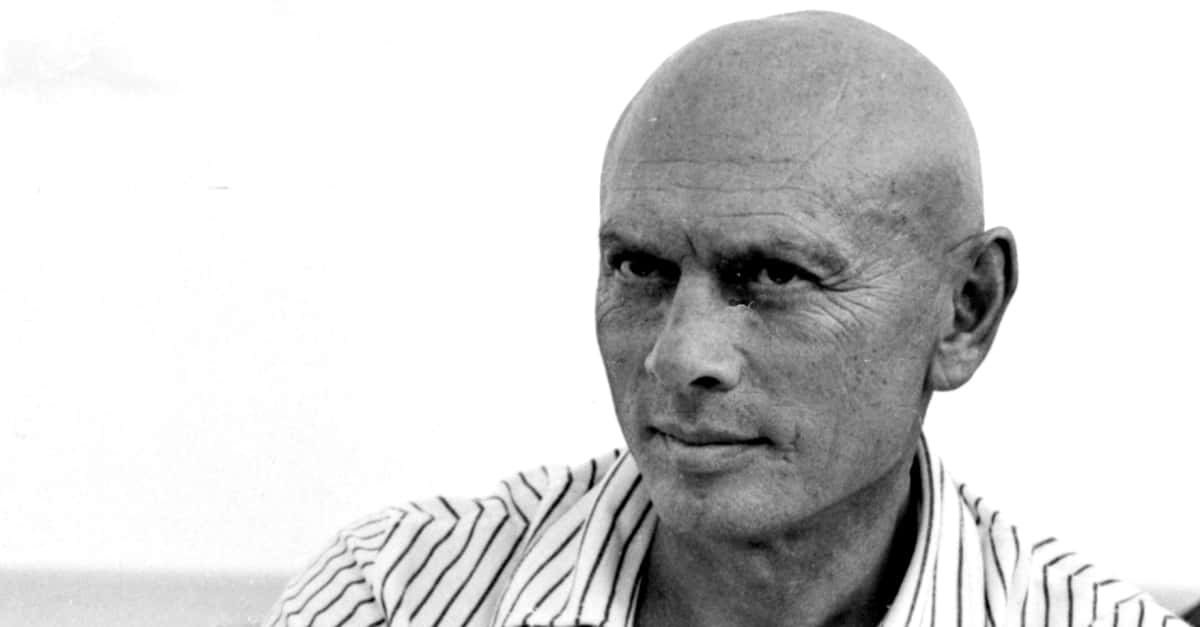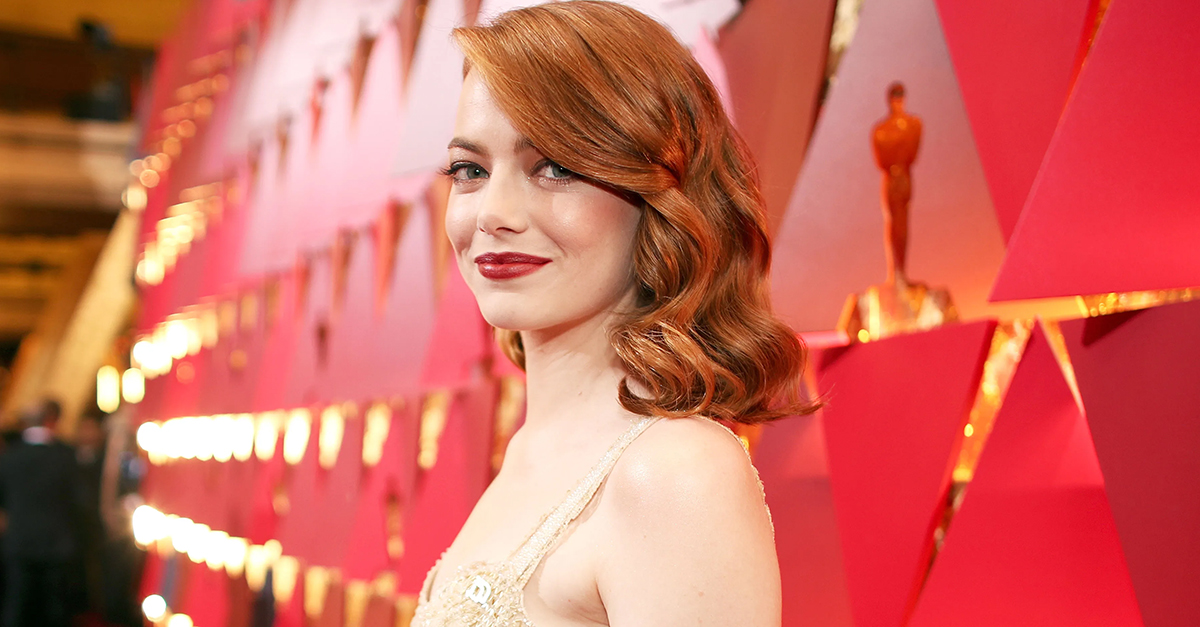Getting The Point Across
A great monologue can make an otherwise average movie linger in the viewer’s memory for years. The moment when a character launches into an extended uninterrupted speech can change how we see the story or them. We look at the movie monologues that remain unforgettable years afterward.
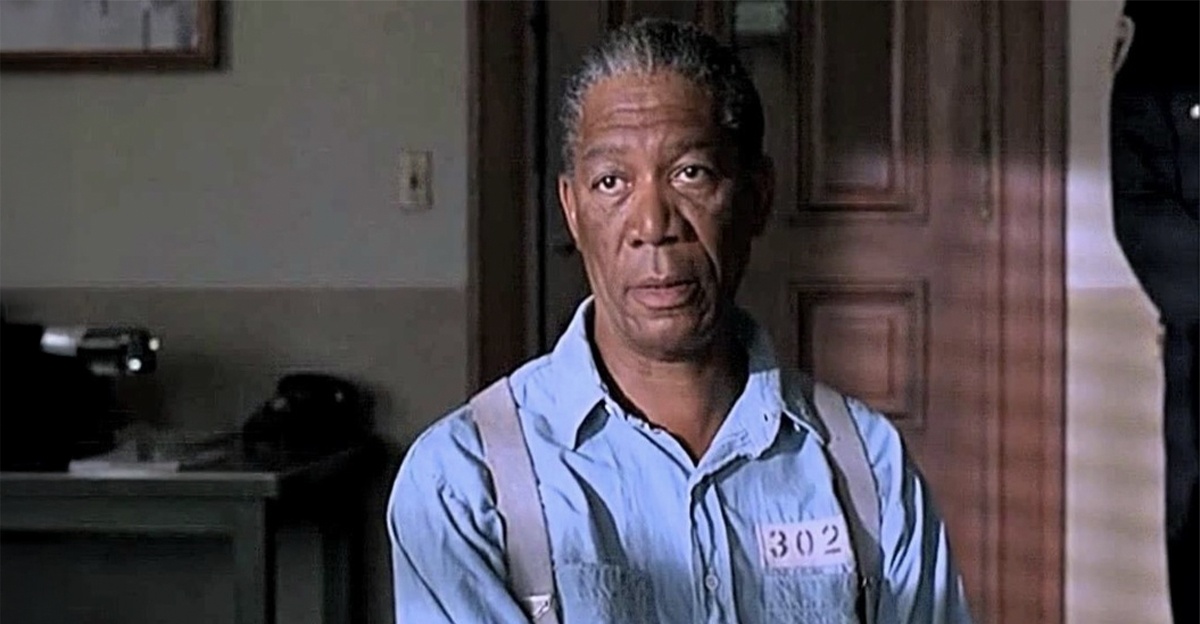
Robert Shaw ‒ Jaws (1975)
Quint’s “USS Indianapolis” speech takes place in the boat’s cabin as Shaw. He recounts to Roy Scheider and Richard Dreyfus about his harrowing ordeal during a real WWII naval disaster where sharks killed hundreds. The grim story lays out his hatred of sharks and sets the stage for the deadly seriousness of their hunt.
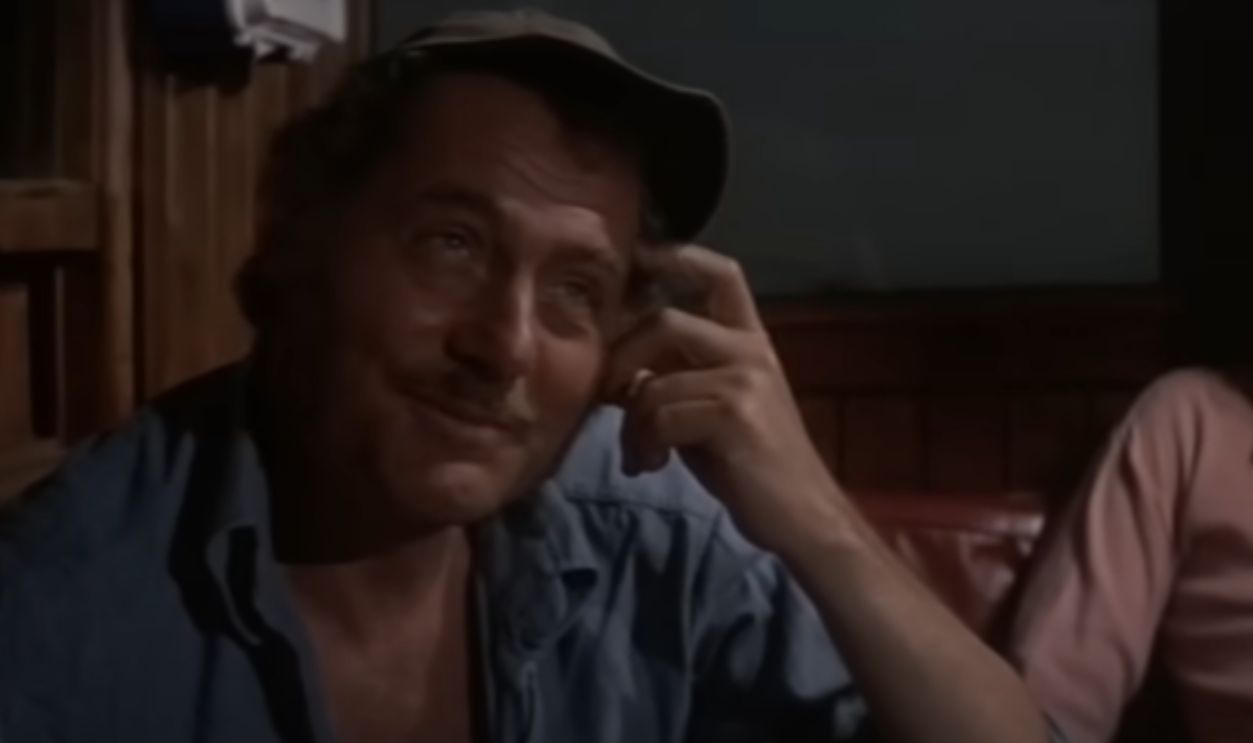 Universal Pictures, Jaws (1975)
Universal Pictures, Jaws (1975)
Rosamund Pike ‒ Gone Girl (2014)
Amy Dunne delivers the “Cool Girl” monologue through voice-over as she carries out her disappearance plan. She explains how women conform themselves to men’s fantasies, laying bare society’s double standards. The scene gives audiences insight into her manipulative strategy, setting the tone for the rest of the movie.
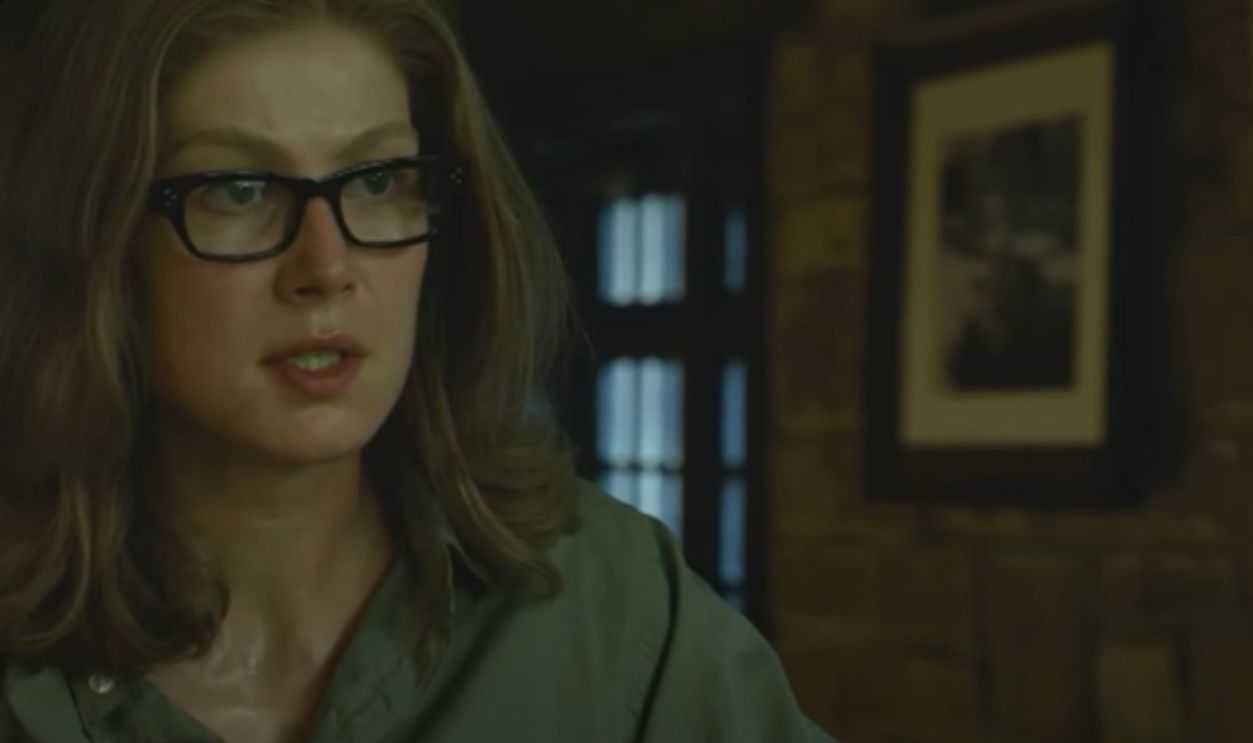 20th Century Fox, Gone Girl (2014)
20th Century Fox, Gone Girl (2014)
Matt Damon ‒ Good Will Hunting (1997)
Will Hunting’s monologue at the bar occurs when an arrogant student challenges him. Will rips apart the man’s arguments, proving his own intelligence while showing him up in front of others. The moment establishes Will’s genius, anger, and defensiveness, but also shows why he struggles to connect with people.
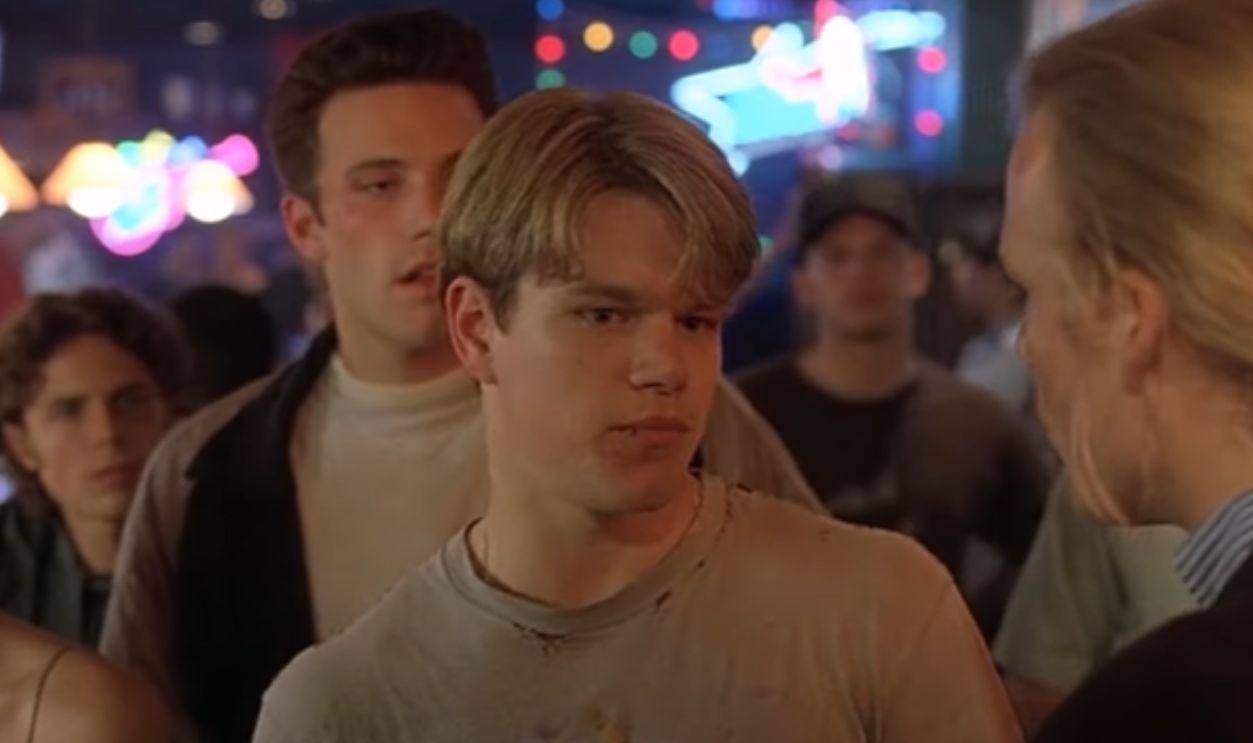 Miramax, Good Will Hunting (1997)
Miramax, Good Will Hunting (1997)
Marlon Brando ‒ On the Waterfront (1954)
Terry Malloy tells his brother Charlie, “I could’ve been a contender,” in the back of a car. It’s a confession of regret, squarely putting the blame on Charlie for pushing him to throw fights. The quiet but resonant speech captures the bitterness of wasted potential and betrayal, cementing Brando’s place in cinema history.
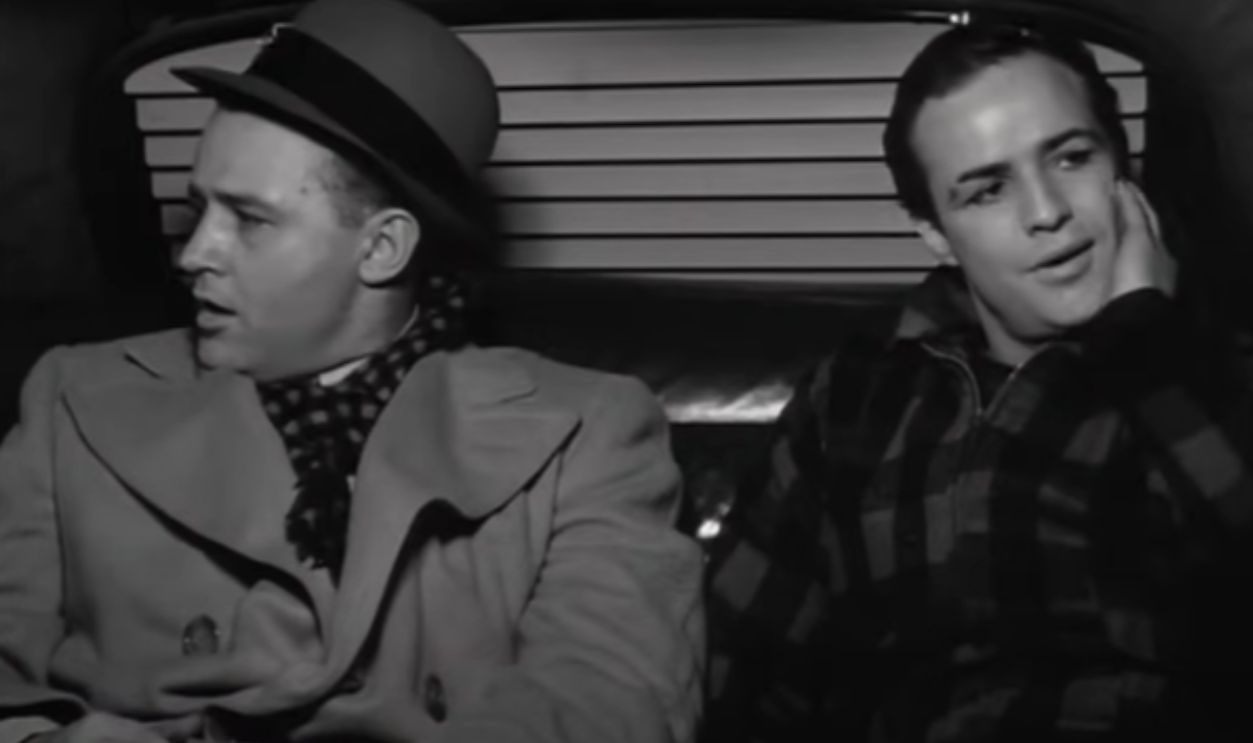 Columbia Pictures, On the Waterfront (1954)
Columbia Pictures, On the Waterfront (1954)
Jack Nicholson ‒ A Few Good Men (1992)
Colonel Jessup’s monologue happens during an intense cross-examination by attorney Tom Cruise. Under questioning, he shouts the immortal line, “You can’t handle the truth!” before admitting he gave an illegal order. The speech justifies his actions as necessary for national security, but also seals his guilt, leading to his arrest and downfall.
 Columbia Pictures, A Few Good Men (1992)
Columbia Pictures, A Few Good Men (1992)
Al Pacino ‒ The Godfather (1972)
Michael Corleone explains the difference between business and personal matters during a family conversation early in the film. While the other members of the family initially don’t take him seriously, his calm explanation of violence as “strictly business” foreshadows his transformation into a ruthless mafia boss.
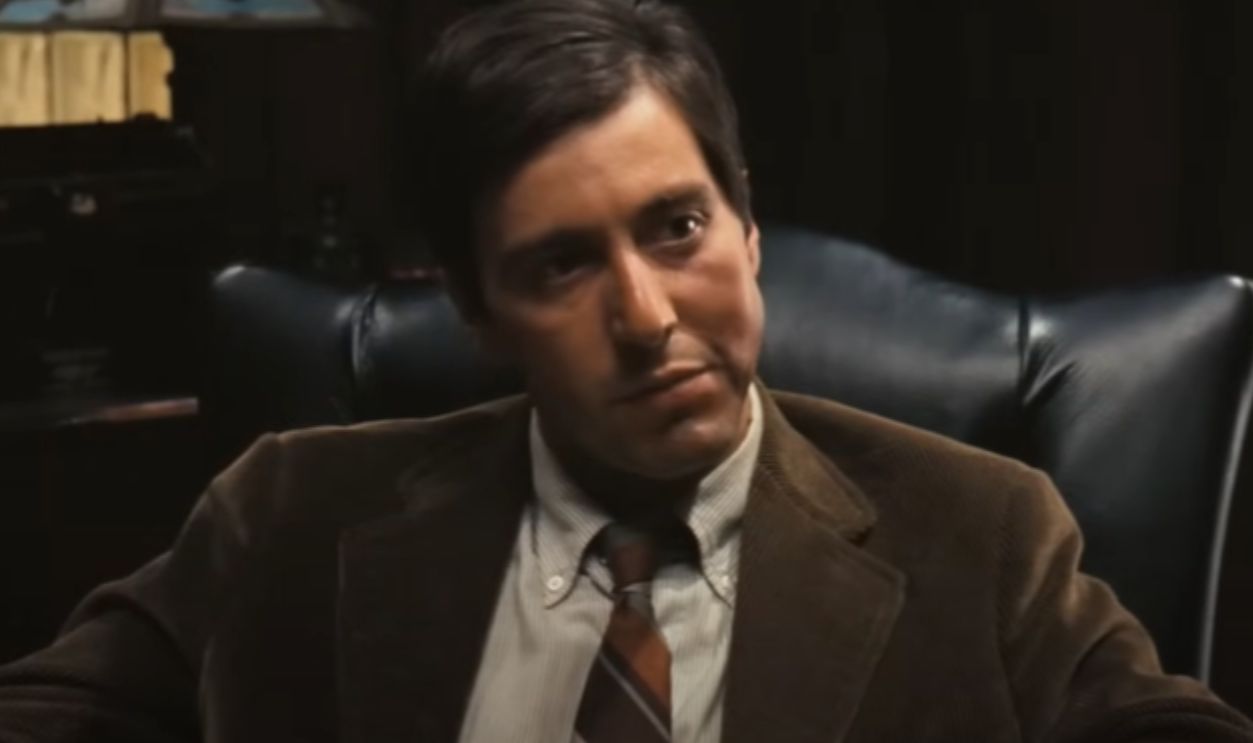 Paramount Pictures, The Godfather (1972)
Paramount Pictures, The Godfather (1972)
Gregory Peck ‒ To Kill a Mockingbird (1962)
Atticus Finch gives his monologue in the courtroom while defending Tom Robinson. He appeals to the jury’s sense of justice, urging them to look past prejudice. It’s the moral bedrock of the film and of the character of Atticus Finch.
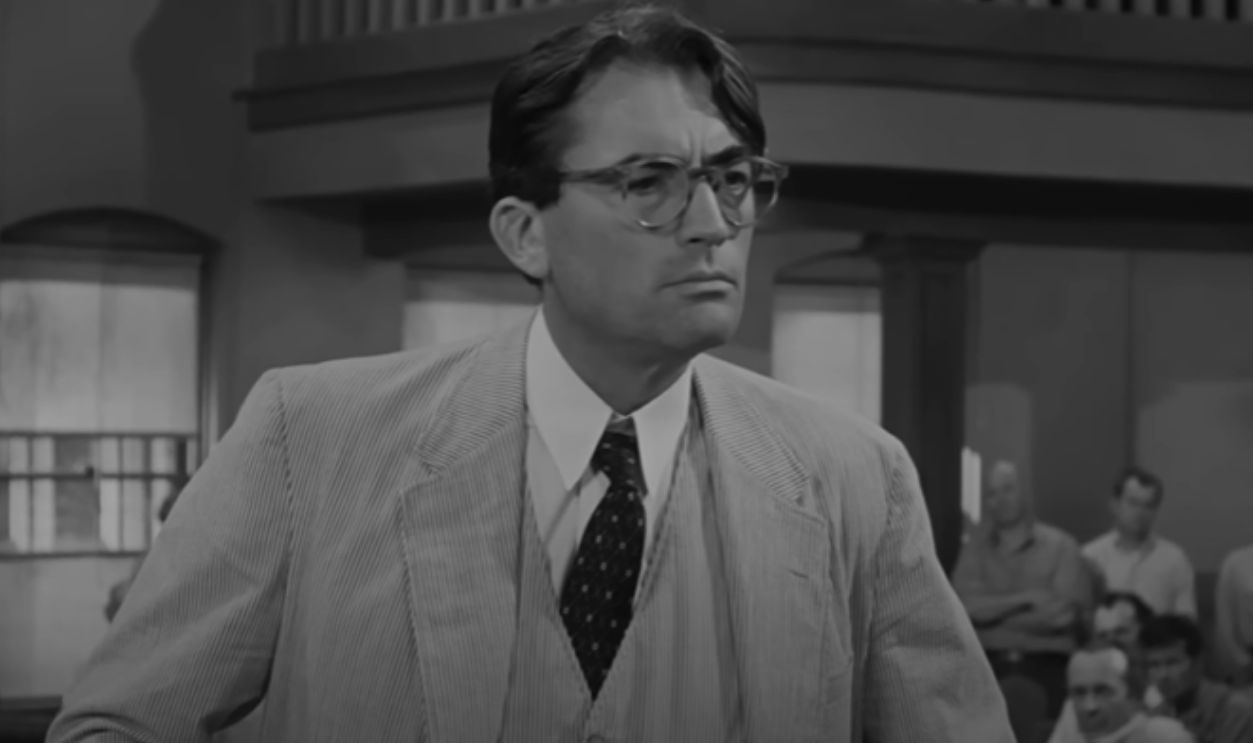 Universal Pictures, To Kill a Mockingbird (1962)
Universal Pictures, To Kill a Mockingbird (1962)
Viola Davis ‒ Fences (2016)
Rose’s monologue erupts after years of emotional neglect by her husband Troy. She lists all the sacrifices she made for family and the cost of sticking with him. Her words all her pain and anger, showing us the devastating cost of betrayal. It’s a major turning point in the film.
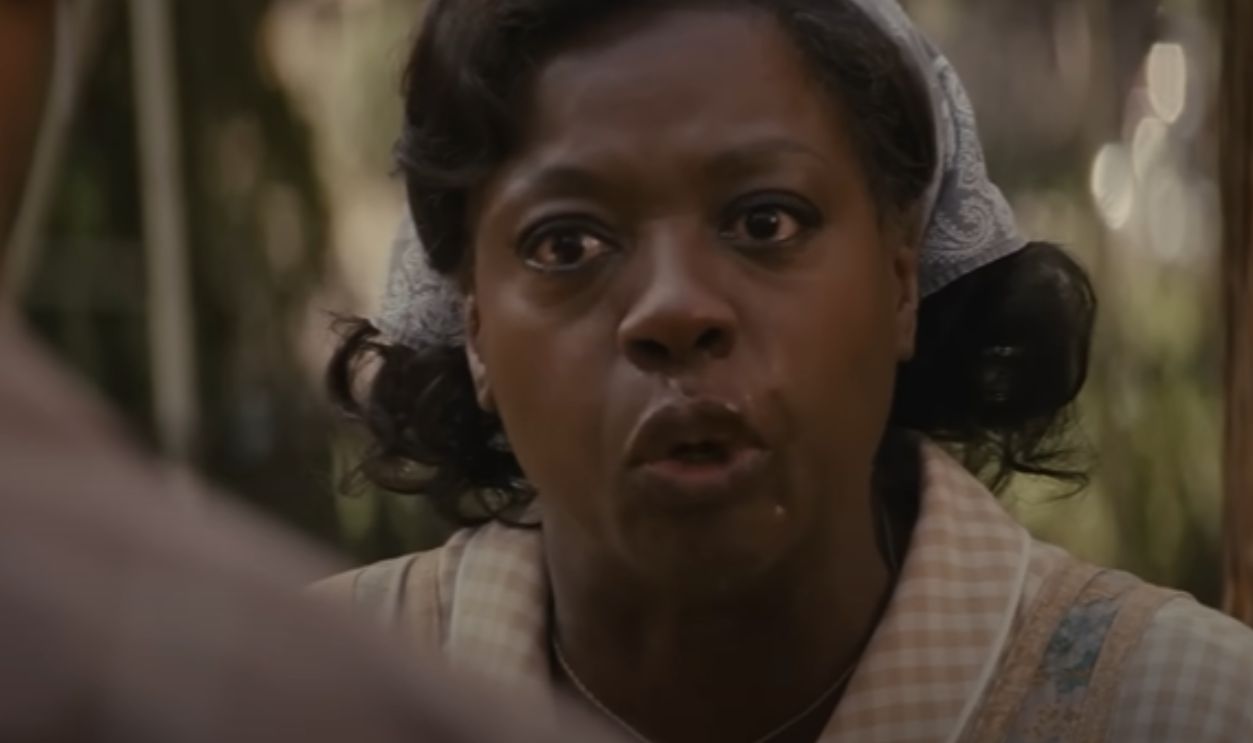 Paramount Pictures, Fences (2016)
Paramount Pictures, Fences (2016)
Michelle Yeoh ‒ Everything Everywhere All at Once (2022)
Evelyn’s monologue occurs in an alternate universe where she explains to Waymond how, if she had another life to live, she’d still choose to be with him. Delivered quietly in a movie theater lobby, it blends love, regret, and hope.
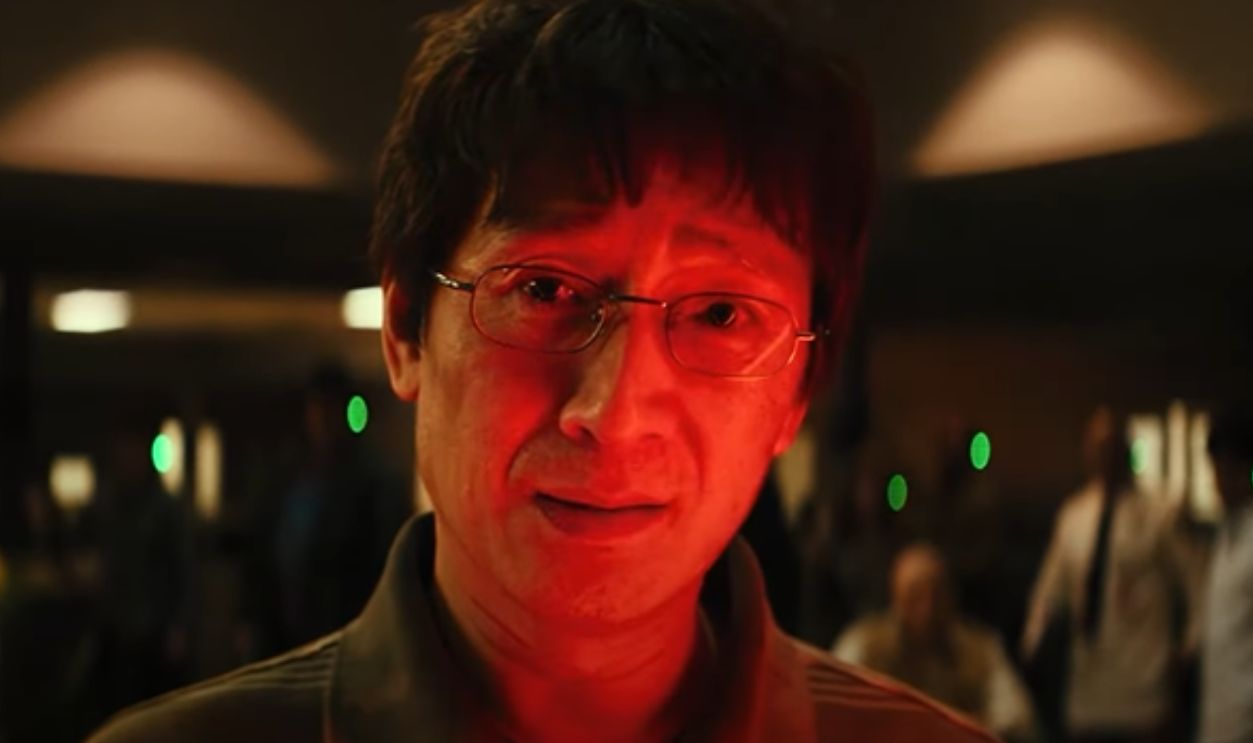 A24, Everything Everywhere All at Once (2022)
A24, Everything Everywhere All at Once (2022)
Toni Collette ‒ Hereditary (2018)
At dinner, Annie Graham blows up at her son Peter, blaming him for their daughter’s death. Her monologue shifts from simmering anger to a full nervous breakdown, brimming over with resentment and grief. The shocking speech breaks the family’s tension into open hostility, adding a sense of doom to the grim horror film.
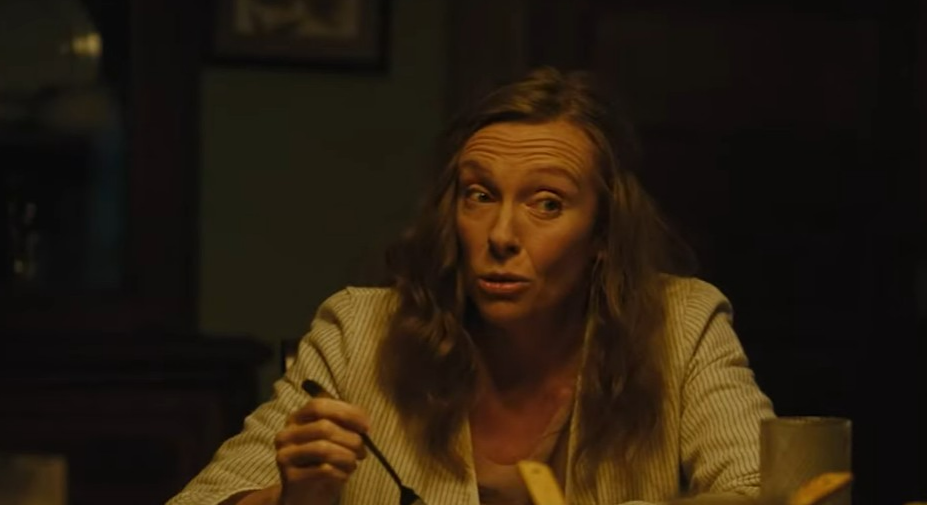 Hereditary (2018) | Annie Snaps, Harold Pelarca, YouTube
Hereditary (2018) | Annie Snaps, Harold Pelarca, YouTube
Liam Neeson ‒ Taken (2008)
Bryan Mills gives his “I will find you” monologue over the phone to his daughter’s kidnappers. Calm but menacing, he promises relentless pursuit with his “particular set of skills.” The short speech became a classic of its kind, defining Mills as a determined father and setting the stage for the struggle ahead.
 20th Century Fox, Taken (2008)
20th Century Fox, Taken (2008)
Edward Norton ‒ American History X (1998)
Derek Vineyard delivers a monologue in a flashback scene where he expresses racist beliefs to his followers. Later, after prison, he recounts his disillusionment to his younger brother. The contrast between the two speeches shows the destructiveness of hate and the potential for redemption through change.
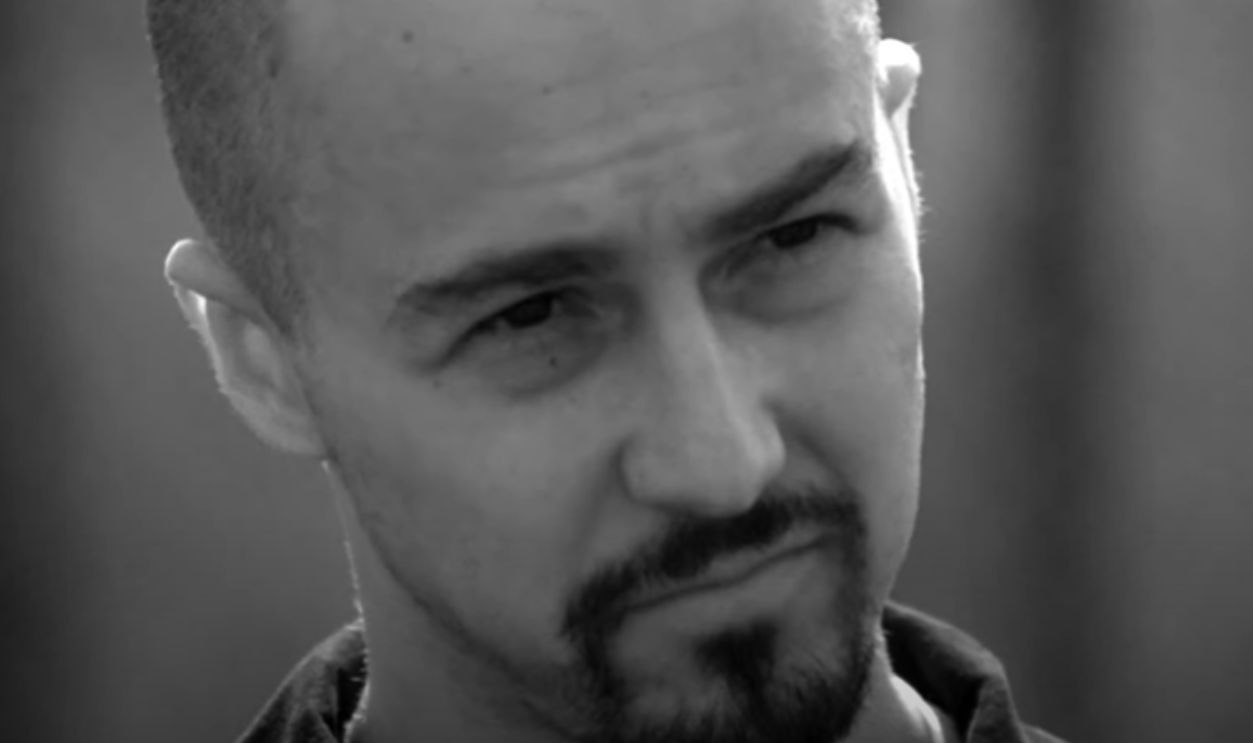 New Line Cinema, American History X (1998)
New Line Cinema, American History X (1998)
John Hurt ‒ The Elephant Man (1980)
John Merrick delivers his monologue near the end of the film. After being hounded and chased into a train station restroom, he cries, “I am not an animal. I am a human being!” His plea for dignity is raw and heartbreaking. The moment captures people’s cruelty and his desperate longing for acceptance.
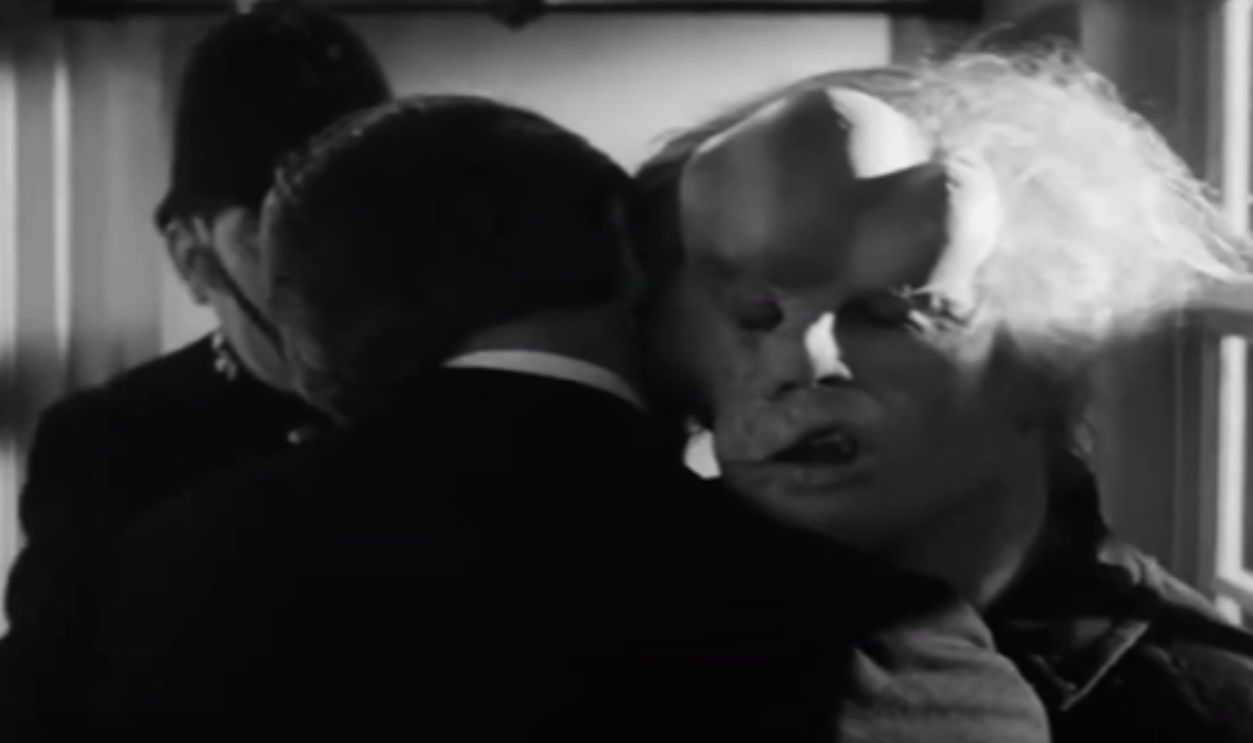 Paramount Pictures, The Elephant Man (1980)
Paramount Pictures, The Elephant Man (1980)
Bradley Cooper ‒ A Star is Born (2018)
Jackson Maine delivers an emotional monologue backstage to Ally about his struggles with addiction and disappearing fame. His words are filled with regret and love, explaining his failures without excuses. The speech shows amazing vulnerability, deepening the tragedy that ensues.
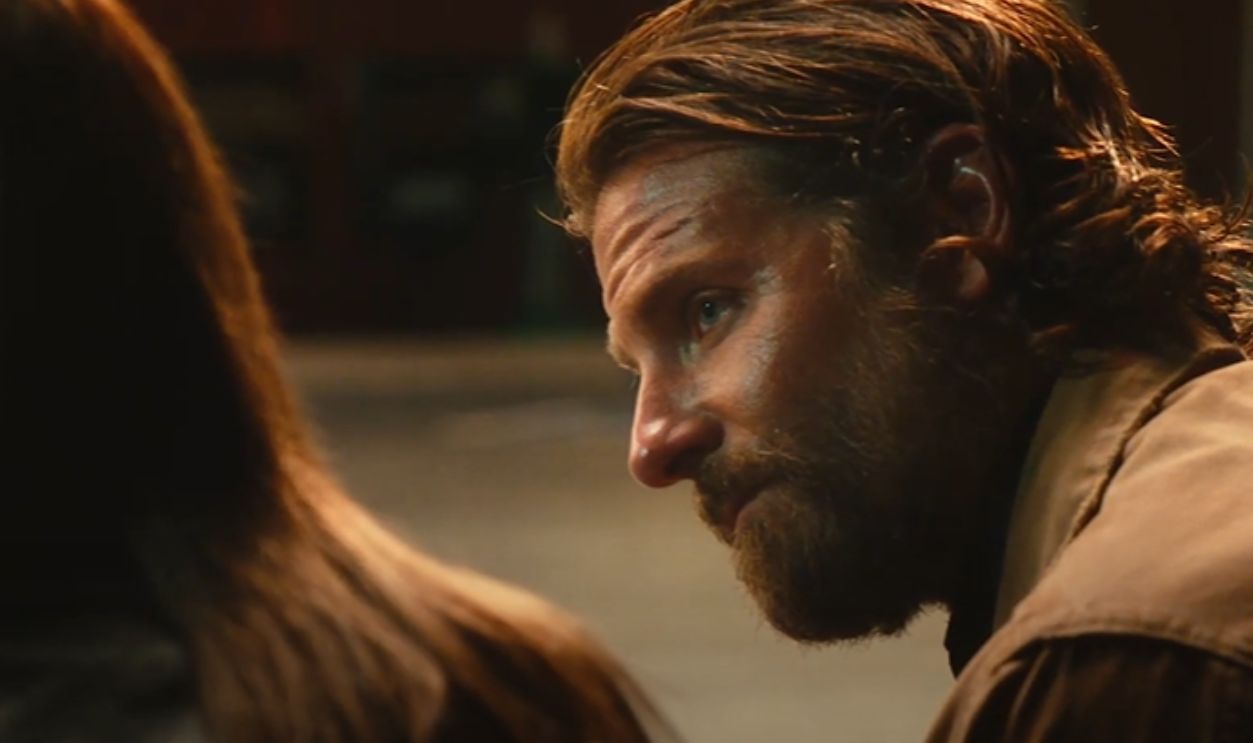 Warner Bros., A Star is Born (2018)
Warner Bros., A Star is Born (2018)
Jack Nicholson ‒ One Flew Over the Cuckoo’s Nest (1975)
Randle P. McMurphy gives his monologue in the ward, imploring his fellow patients to rise against Nurse Ratched’s control. He mixes humor, defiance, and frustration, as he tries to help them reclaim their independence. The speech underscored his leadership potential, setting the scene for the clash with authority that drives the story.
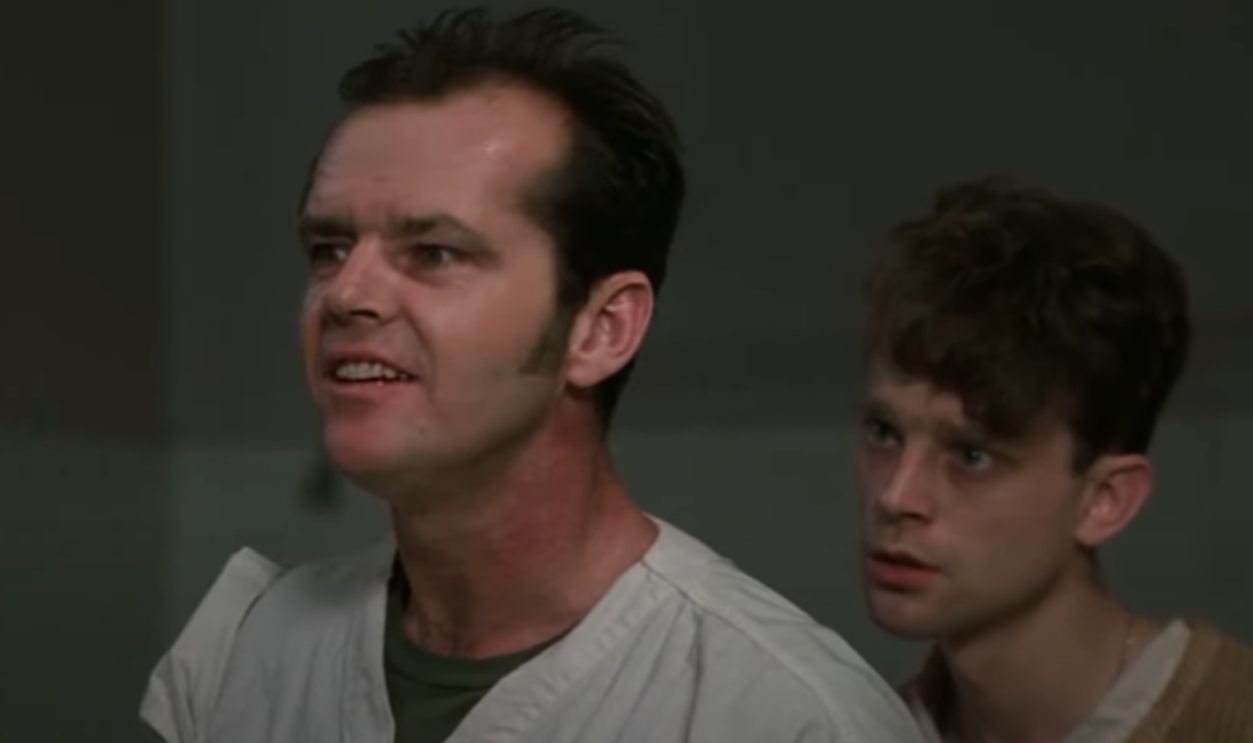 United Artists, One Flew Over the Cuckoo’s Nest (1975)
United Artists, One Flew Over the Cuckoo’s Nest (1975)
James Woods ‒ Cop (1988)
James Woods delivers an intense monologue about the delusions that society tells children, setting them up for a lifetime of disappointment. The monologue, and Woods' simmering performance added depth to the hard-boiled police drama directed by James B Harris and based on James Ellroy's novel, Blood On the Moon.
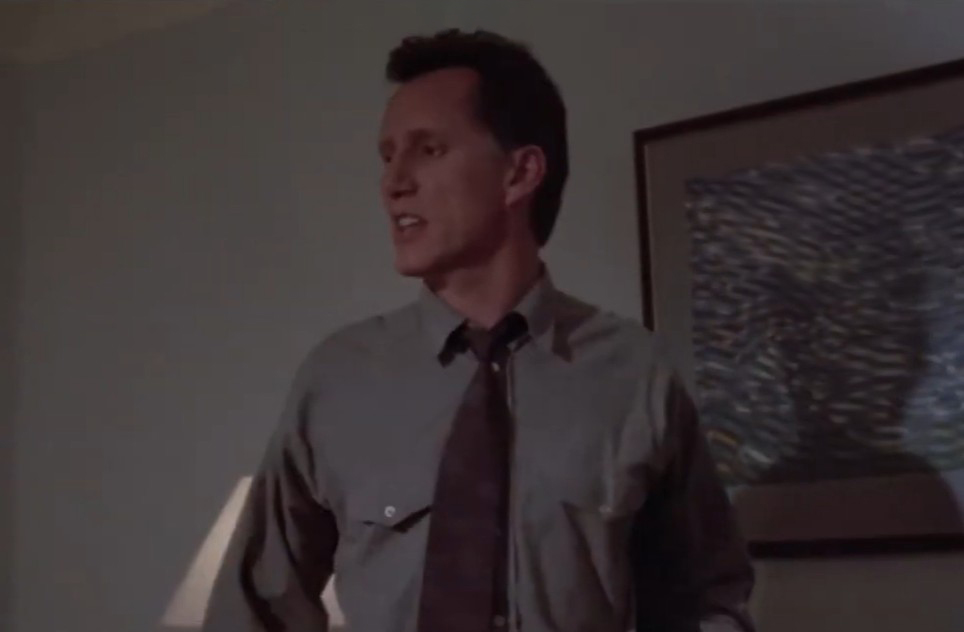 UNDERRATED FILMS - Cop (1988) -
UNDERRATED FILMS - Cop (1988) -
Tom Hanks ‒ Saving Private Ryan (1998)
Captain Miller reveals his background to his men during a lull in the fighting. He admits he was a schoolteacher before the war, giving the men perspective by sharing his human side. The monologue explains his determination and deepens the soldiers’ respect.
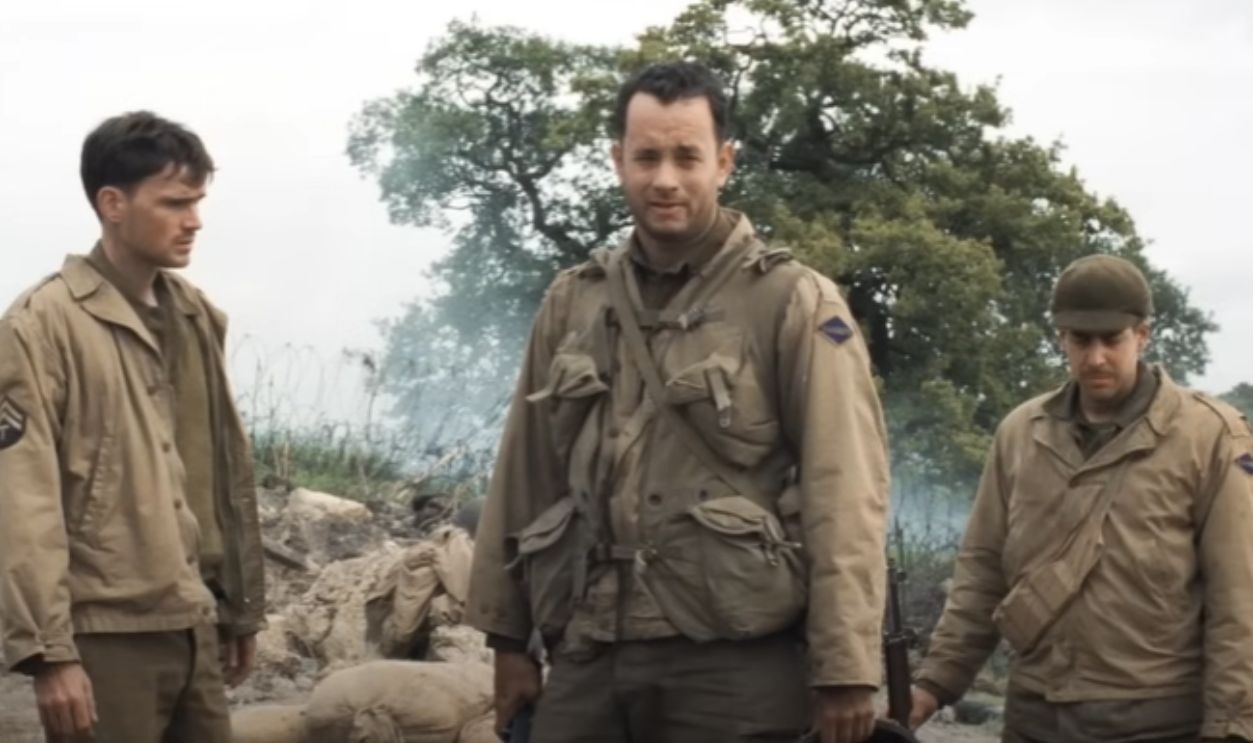 Paramount Pictures, Saving Private Ryan (1998)
Paramount Pictures, Saving Private Ryan (1998)
Marlon Brando ‒ Apocalypse Now (1979)
Colonel Kurtz’s haunting monologue comes near the end of the film as he reflects on the horrors of war. His words are fragmented but powerful, embodying his descent into madness and despair. The speech defines the film’s haunting conclusion.
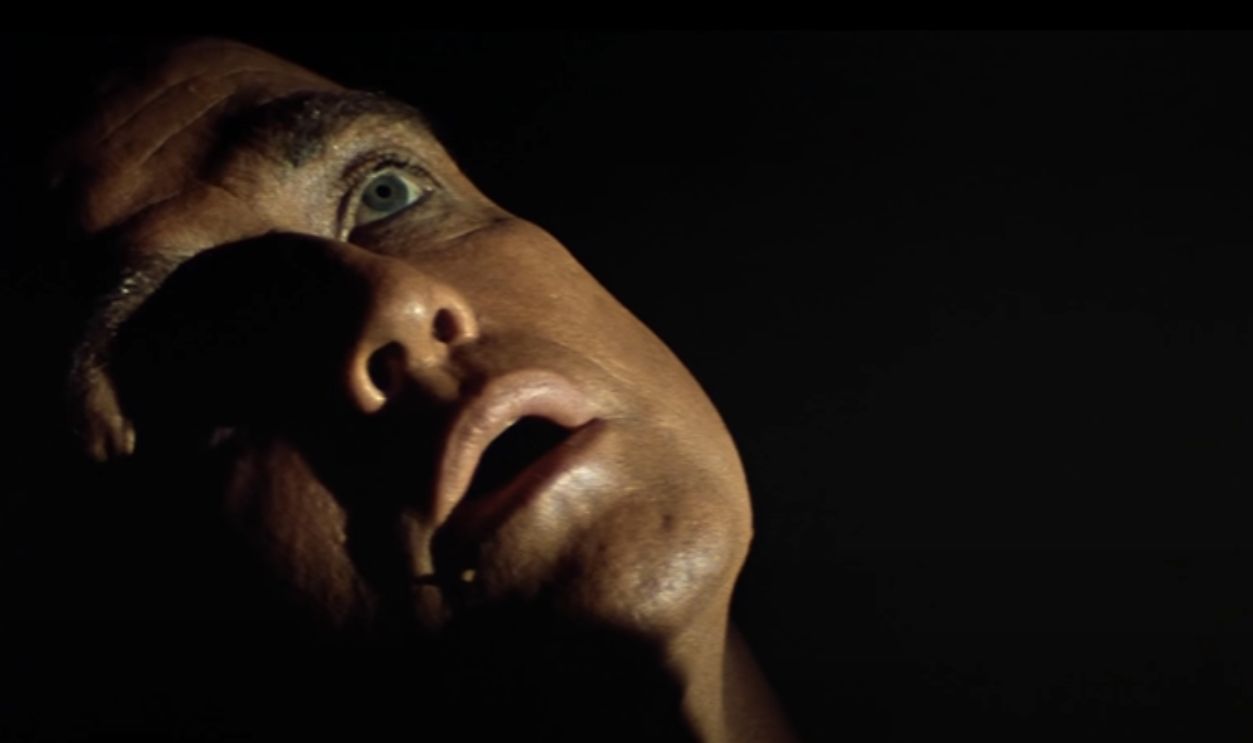 United Artists, Apocalypse Now (1979)
United Artists, Apocalypse Now (1979)
Charlie Chaplin ‒ The Great Dictator (1940)
Chaplin, playing a Jewish barber mistaken for a dictator, gives the final monologue to rally peace and humanity. Speaking into the camera, he calls for kindness, unity, and freedom. Released during WWII, the speech became a message against fascism and is still one of cinema’s most famous.
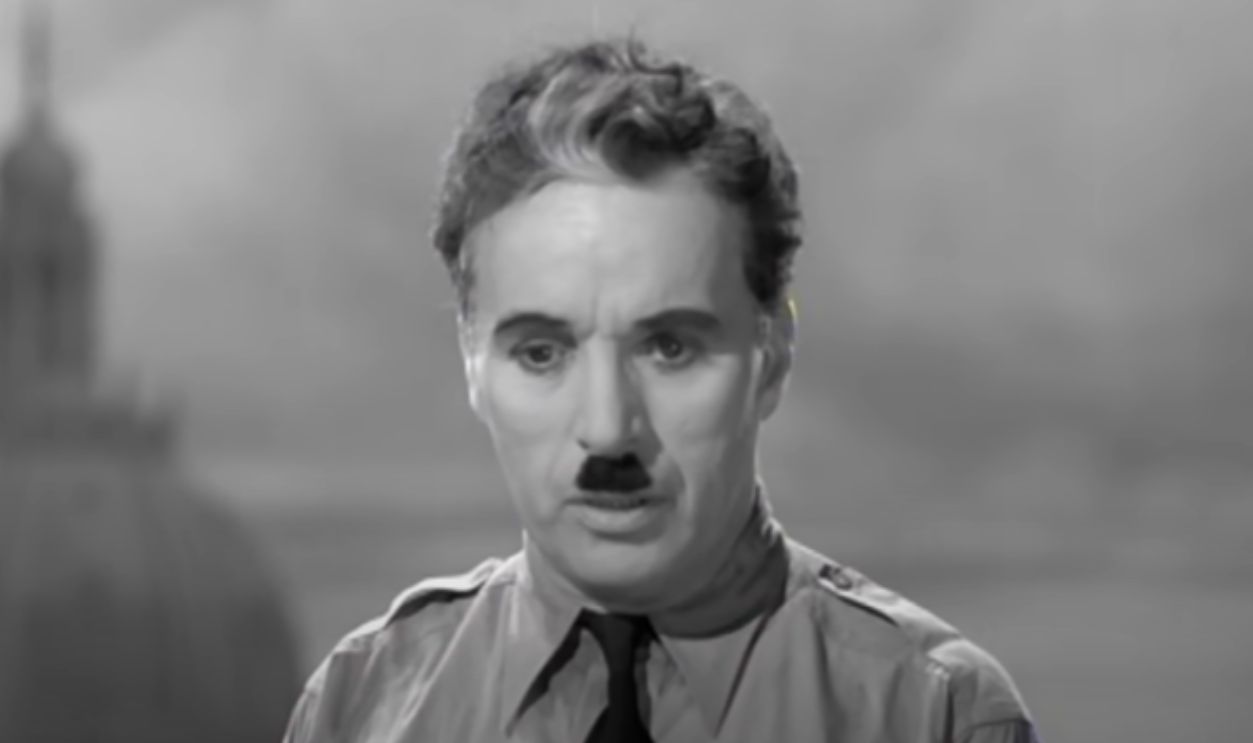 United Artists, The Great Dictator (1940)
United Artists, The Great Dictator (1940)
Henry Fonda ‒ 12 Angry Men (1957)
Juror #8’s monologue occurs in the jury room as he calmly dismantles the case against a young defendant. He questions evidence, singles out biases, and argues forcefully for reasonable doubt. His words sway the group from certainty to a reconsideration, driving the film’s larger thematic message.
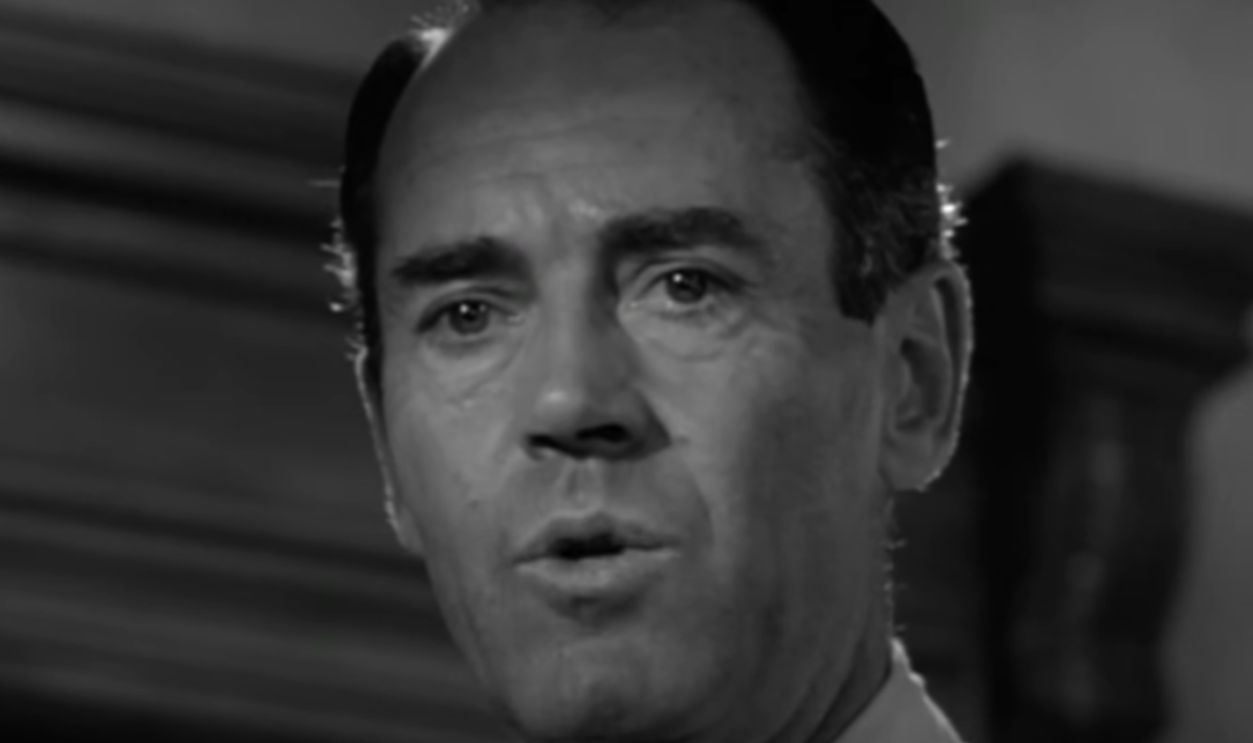 United Artists, 12 Angry Men (1957)
United Artists, 12 Angry Men (1957)
Edward James Olmos ‒ Stand and Deliver (1988)
As Jaime Escalante, Olmos delivers an inspiring monologue to his students about belief in themselves. He pushes them to challenge the stereotypes they’ve been hearing all their lives and commit to excellence in math. It’s a heartfelt speech that pushes his class to rise above expectations, giving the film an uplifting message.
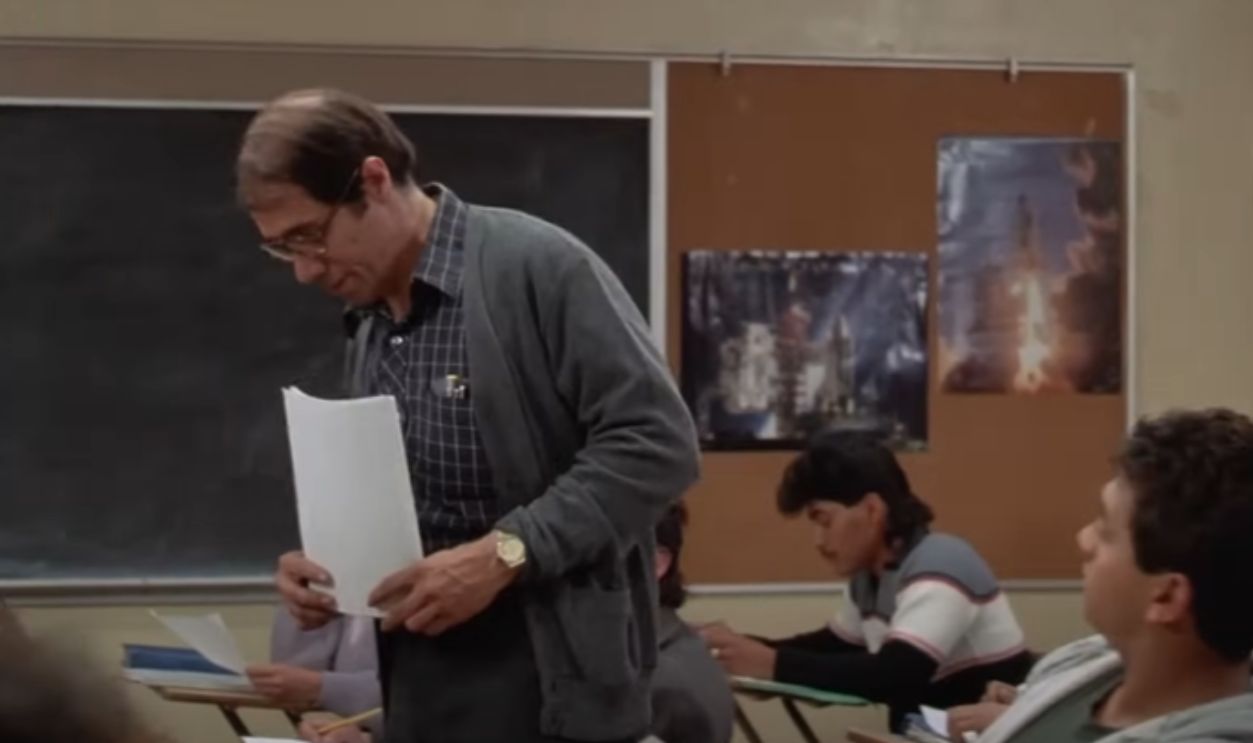 Warner Bros., Stand and Deliver (1988)
Warner Bros., Stand and Deliver (1988)
Denzel Washington ‒ Training Day (2001)
Alonzo Harris gives his monologue near the film’s end, taunting residents in the projects after being abandoned by his partner, Ethan Hawke’s Jake. Shouting “King Kong ain’t got nothing on me!” he tries to reassert his dominance. The speech is an admission of his desperation and arrogance as his power disintegrates in front of the entire neighborhood.
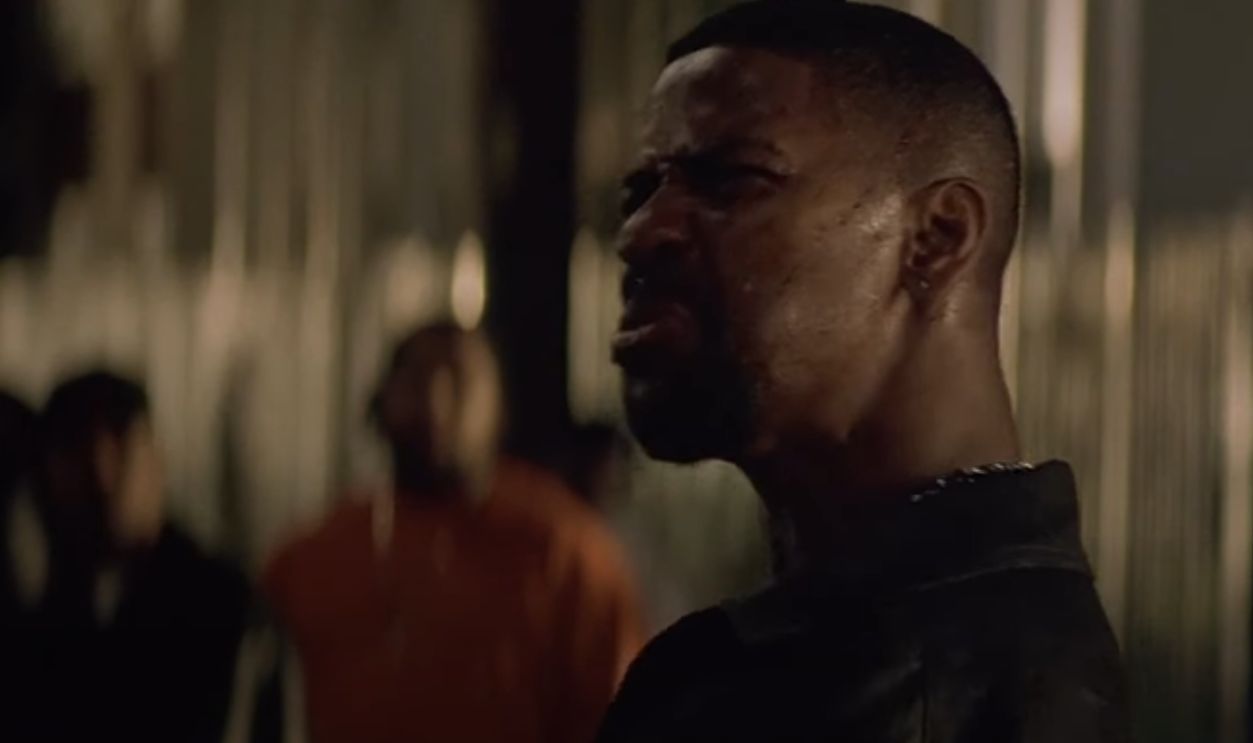 Warner Bros., Training Day (2001)
Warner Bros., Training Day (2001)
Christopher Lloyd ‒ Who Framed Roger Rabbit (1988)
Judge Doom’s monologue occurs during his reveal, laying out his diabolical plan to destroy Toontown. He describes buying the city’s transit system and plotting to take control. Delivered with sinister glee, the speech flips the film from comedy to villainous drama in one fell swoop.
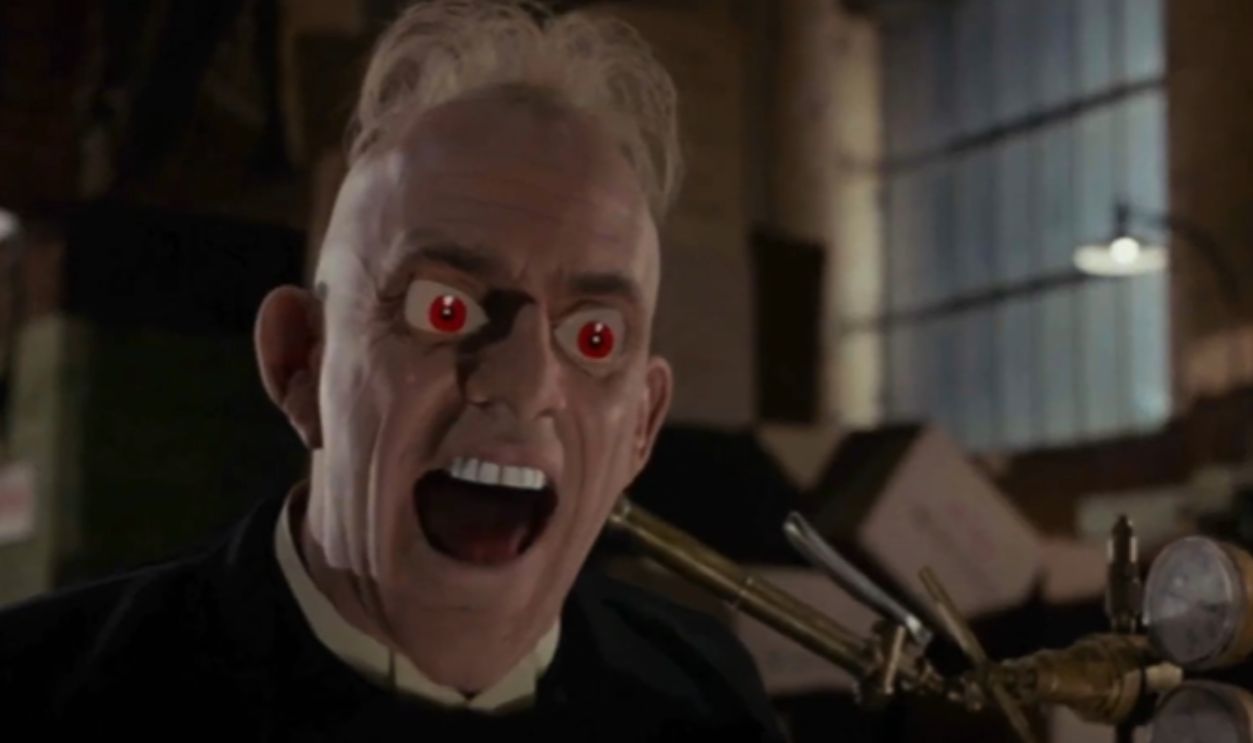 Touchstone Pictures, Who Framed Roger Rabbit (1988)
Touchstone Pictures, Who Framed Roger Rabbit (1988)
Morgan Freeman ‒ The Shawshank Redemption (1994)
Red’s final parole board monologue occurs late in the film. Tired of lying, he finally shares his remorse and wasted years. Freeman’s weary delivery convinces the board, granting him release. The moment closes his character arc, building on the theme of hope and freedom.
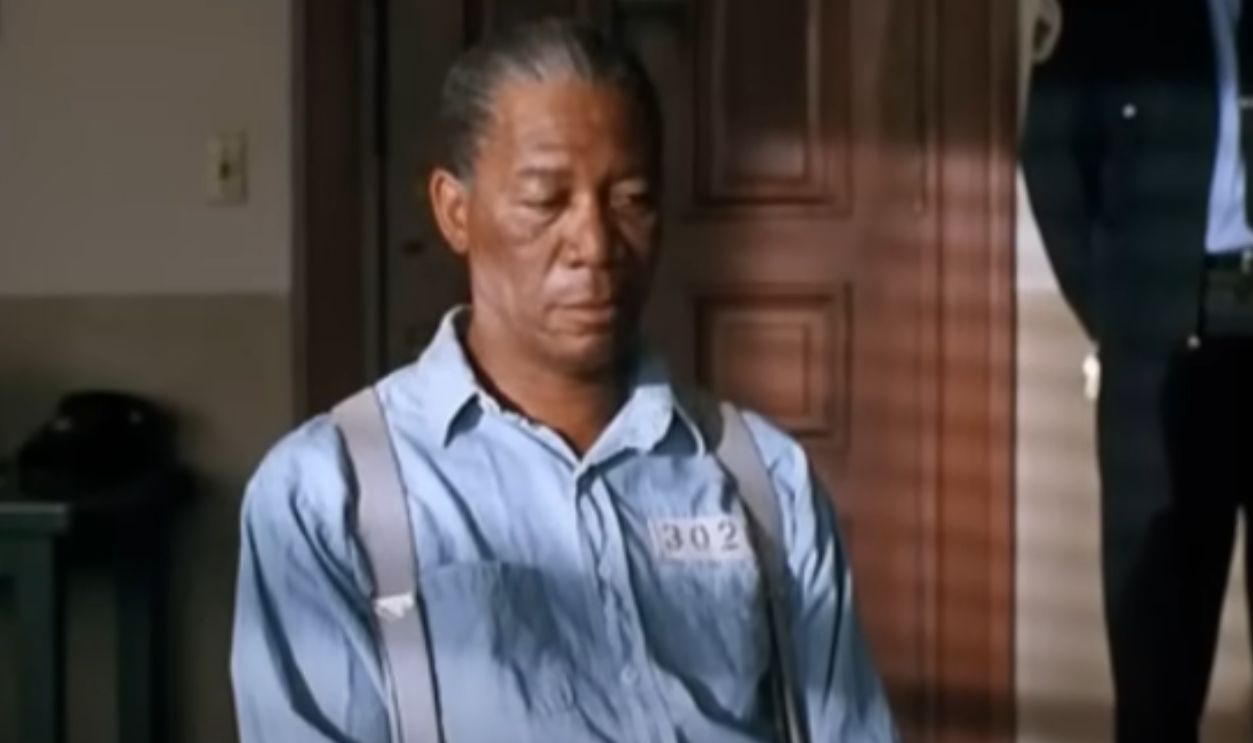 Columbia Pictures, The Shawshank Redemption (1994)
Columbia Pictures, The Shawshank Redemption (1994)
Eddie Murphy ‒ Dreamgirls (2006)
Murphy as James “Thunder” Early gives a monologue backstage about being sidelined in the music industry. He vents his frustration at being replaced and cast aside, mixing anger and desperation. The speech strips away his stage persona, showing the pain of an artist who can't escape the realization that his best days are behind him.
Tom Cruise ‒ Magnolia (1999)
As Frank T.J. Mackey, Cruise delivers a seminar monologue about dominance and self-help, rallying men with aggressive slogans. But his tough persona cracks later on in a hospital while confronting his dying father. The two contrasting speeches expose the duality of the bravado and vulnerability underlying his character.
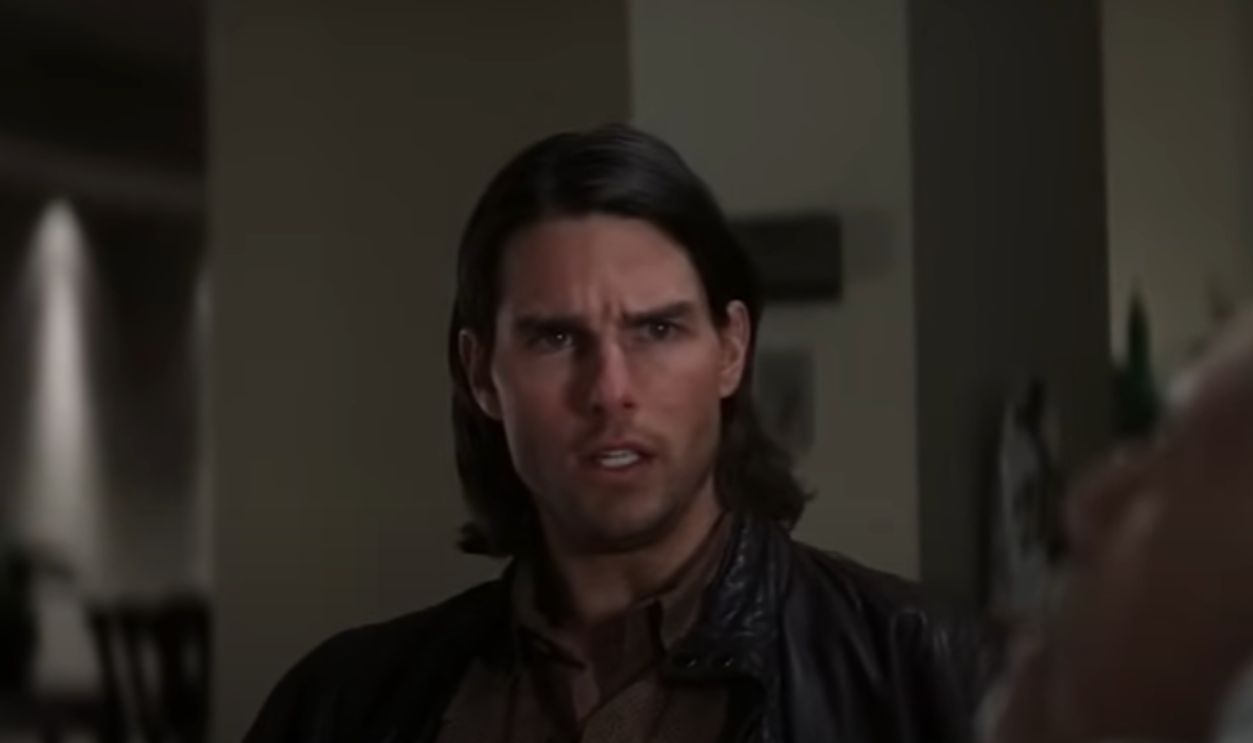 New Line Cinema, Magnolia (1999)
New Line Cinema, Magnolia (1999)
Joseph Cotten ‒ Shadow of a Doubt (1943)
As Uncle Charlie, Joseph Cotten delivers a disturbing monologue at the dinner table about “useless, fat, greedy women” living off the avails of their husbands’ hard work. What starts off as a casual talk turns venomous, exposing his misogyny and bitterness. The speech leaves the other characters and the audience with a deep sense of unease foreshadowing his identity as a serial killer. Of all Hitchcock’s films, this was the one the legendary director was most proud of.
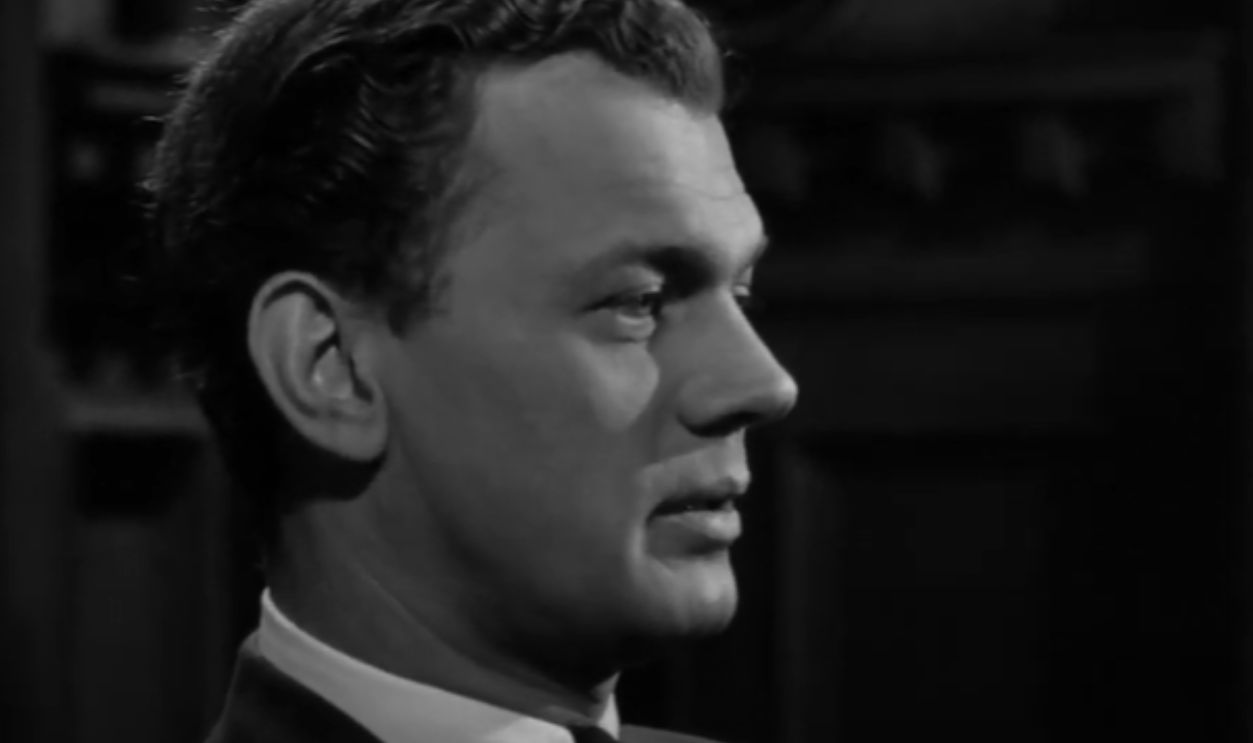 Universal Pictures, Shadow of a Doubt (1943)
Universal Pictures, Shadow of a Doubt (1943)
Alec Baldwin ‒ Glengarry Glen Ross (1992)
Maybe not so much a monologue as ten minutes of verbal abuse, Baldwin made his mark here as a sales manager ripping into a group of down-on-their-luck real estate salesmen. It set the tone for a movie filled with confrontational verbal fireworks.
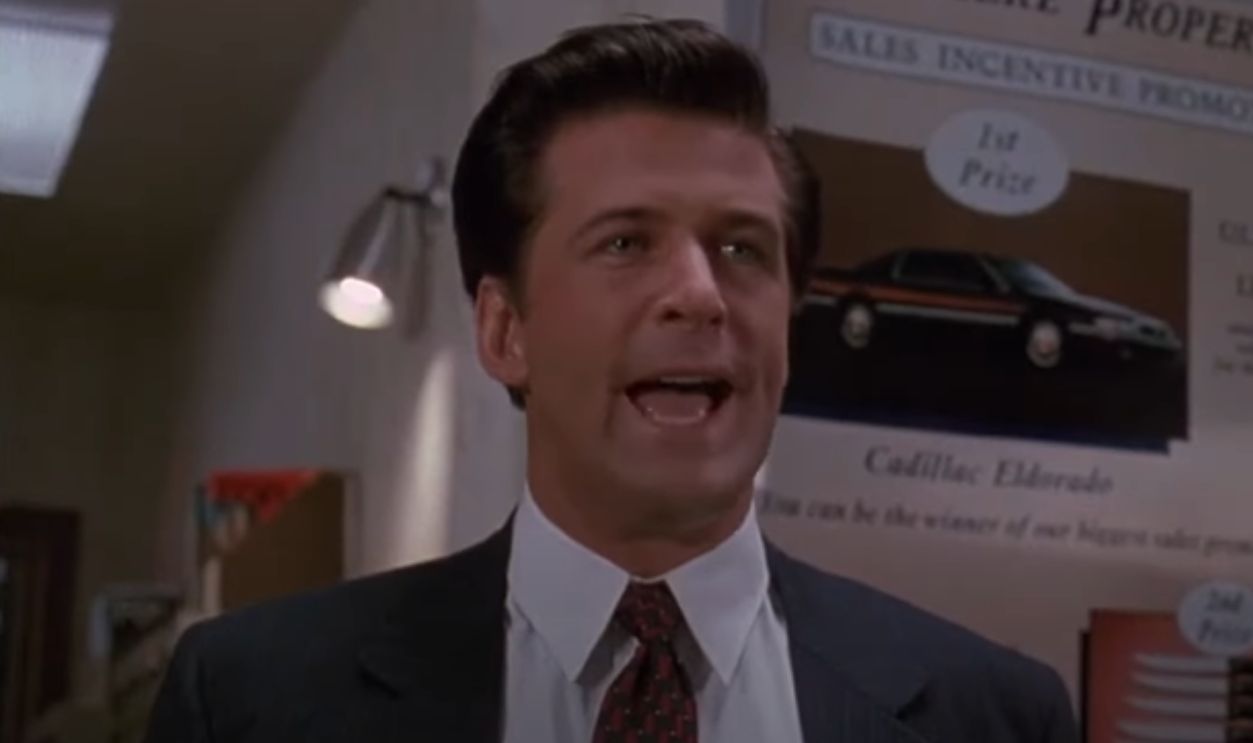 New Line Cinema, Glengarry Glen Ross (1992)
New Line Cinema, Glengarry Glen Ross (1992)
Peter Finch ‒ Network (1976)
In the final performance of his life as news anchor Howard Beale, Peter Finch delivers his furious “I’m mad as hell, and I’m not going to take this anymore!” monologue live on air. He rails against corruption, greed, and apathy, urging viewers to shout their anger out their windows. The speech summed up the film’s satirical stance and helped Finch win the Academy Award for Best Actor, the first posthumous Best Actor winner.
You May Also Like:
The Best Dance Movies Ever Made
The Most Realistic War Movies Ever Made

